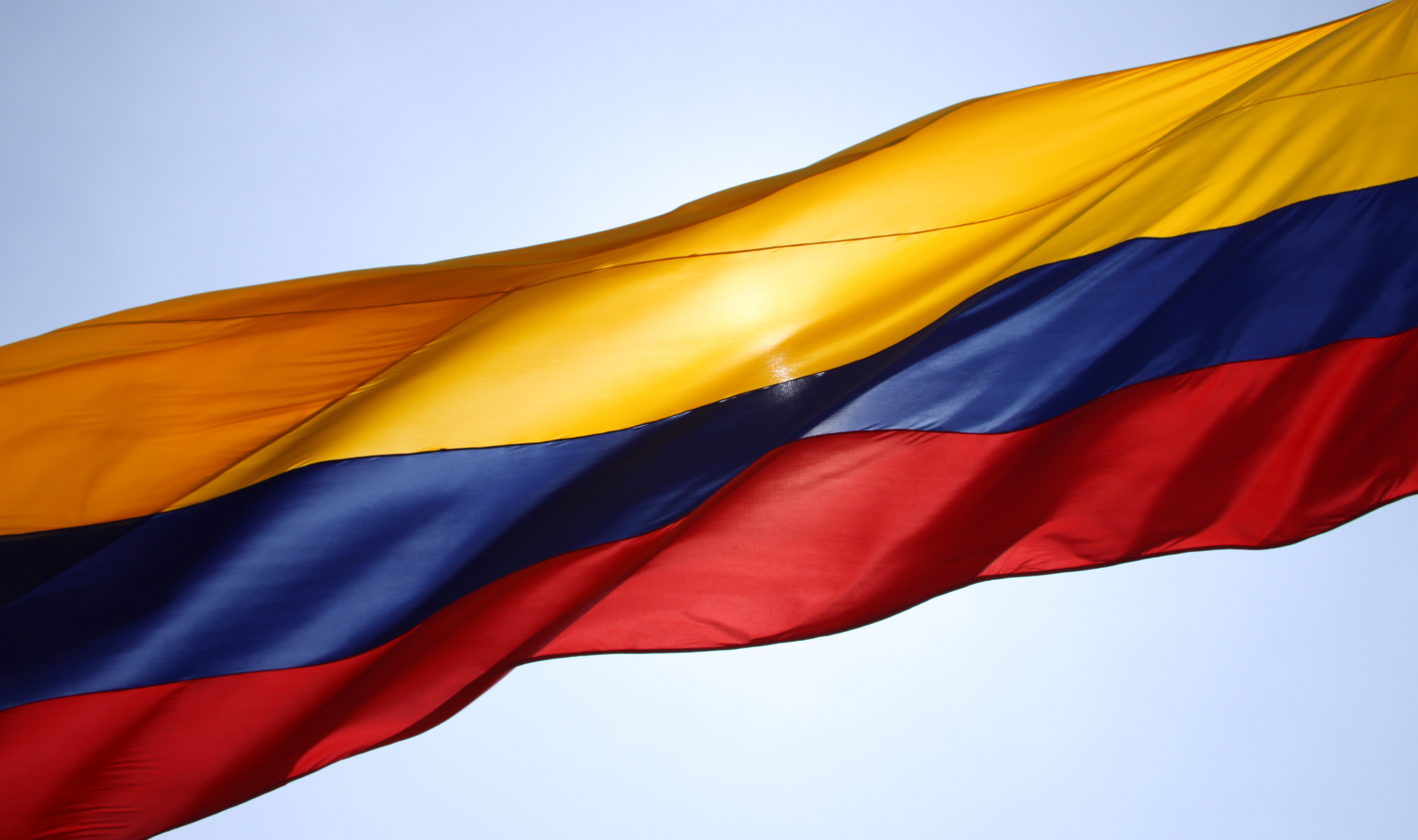Guerilla warfare has been a defining characteristic of modern Latin American history. The cult of the freedom fighter has been present from the Hispanic Caribbean to the Southern Cone, reflected in popular music, literature, politics, and even clothing (think Che Guevara T-shirts). Truly, few people romanticize revolution and social justice more than Latin Americans. However, as the Cold War wound down and the 20th century gave way to the 21st, the sense of insurrection that defined most Latin American leftist movements slowly faded as they integrated themselves into the trappings of representative democracies. The problem with the history of these clandestine movements is that some of them still believe they are operating in a glorified past.
No guerilla group exemplifies this better than the Revolutionary Armed Forces of Colombia (FARC, in its Spanish initials). The oldest guerilla movement in the continent, the Marxist-Leninist revolutionary militia has been waging war against the Colombian government for five decades. Along the way, the once-strictly political combatants have morphed into a large crime syndicate with deep ties to the global drug trade.
A year and two days ago, FARC leadership finally acquiesced to a government proposal for demilitarization negotiations, providing the first glimpse of hope for an end to the decades-old conflict. The historic meetings, which took place in Oslo and later in Havana, soon produced a five-point plan for peace negotiations.
A full year later, the government and guerillas have managed to address just one of these: rural agrarian reform. Discussions on remaining four, starting with the controversial FARC reintegration into society, have stagnated despite the parties meeting on fifteen separate occasions since October 2012.
With the original November 2013 negotiation deadline and the Colombian election cycle rapidly approaching, President Juan Manuel Santos understandably feels tempted to sweep the whole issue under the proverbial rug. He has staked his reputation to the success of the peace talks, clearly not expecting that he would have to juggle the important project and a difficult re-election campaign at the same time.
Nerves are beginning to fray as the deadline approaches, and Santos has revealed his faltering resolve by asking congress members from his party whether they want to abandon, continue, or suspend the talks during the elections.
This political indecision comes as a response to growing civilian skepticism towards the negotiations. Recent polls indicate the population is tiring of the endless talks. A video from the BBC shows regular Colombians lambasting the process as a government ruse, designed to aid public figures rather than the country as a whole. International human rights organizations are also distrustful of the negotiations. Many of these groups are utterly opposed to guerilla reintegration, citing the hundreds of thousands of abuses the militias have perpetrated and demanding that wrongdoers be punished to the full extent of the law. Naturally, the FARC cites immunity for its members and leadership as a key point for reconciliation.
Despite political fatigue and general cynicism, it is important not to lose hope. The problems of the peace process may seem more salient than the benefits, but it would be foolish for the government to weaken its momentum in such promising talks. The extended bilateral negotiations have built up an unprecedented level of trust between the parties, and have led to gradual changes in the language and attitude of both sides. The first point of the negotiations, agrarian reform, has been approved and will lead to some momentous changes that should not be overlooked. Most importantly, the FARC finally feels that it is being taken seriously at a political level, making it more willing to negotiate than it ever has been. If the trust between the militias and government is blown now, this opportunity might well vanish for another couple of decades.
This is not to say that the FARC shouldn’t be held accountable for their heinous actions, but expectations must remain grounded in reality. President Santos should tread carefully over the course of the negotiations, but not by disregarding the successes that the talks have already achieved. The looming election cycle is obviously a vital consideration, as are the concerns of human rights organizations, but gaining definitive results from the current negotiation process is considerably more important. Politicians fade into obscurity, and public opinion changes with time, but long-term justice for Colombia will only be achieved by ending the fighting, even if some difficult concessions must be made.

Well done, Francis. It’s great to hear someone calling for optimism here.
Thanks Neil! I find that it’s always easier to play the role of cynical observer, but its more satisfying to think that things can actually change.
A look into the FARC peace talks in Colombia, leftist radicalism and the future of Latin American terrorism http://t.co/xv9mnyfDLq